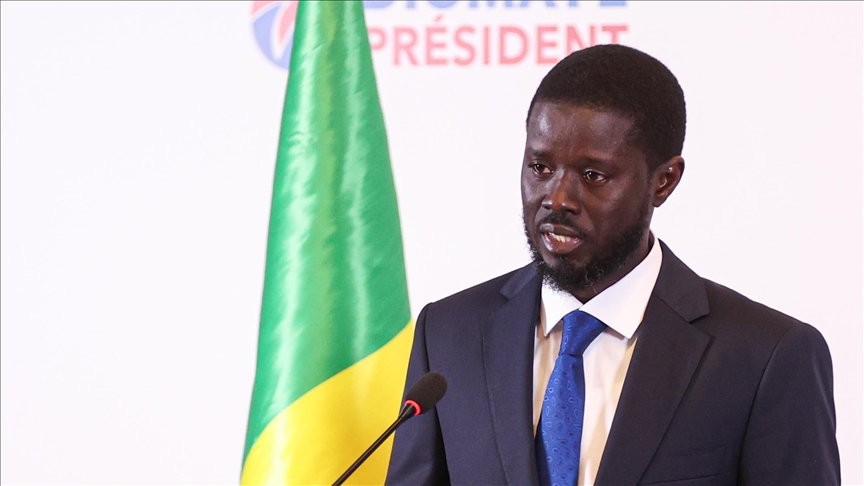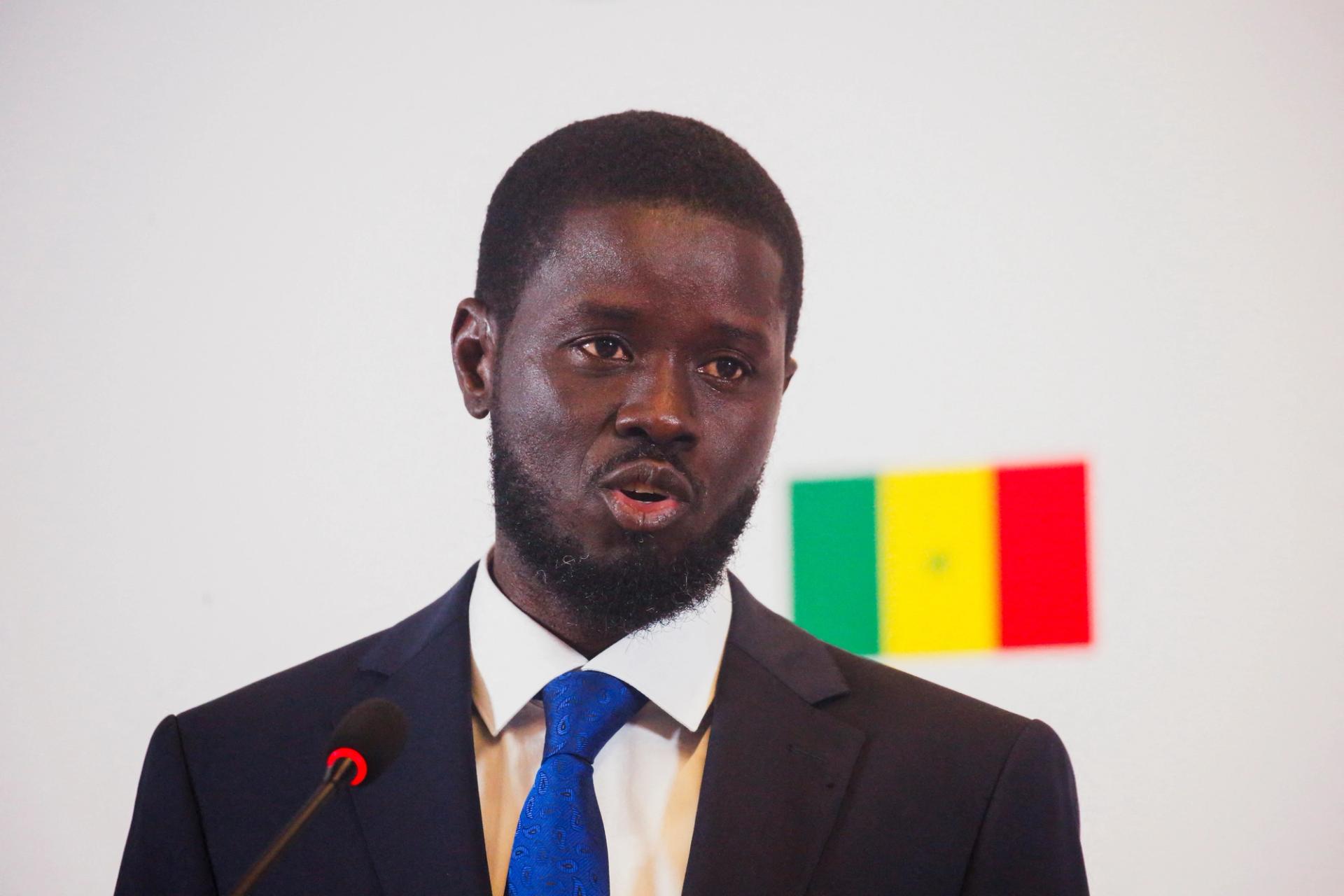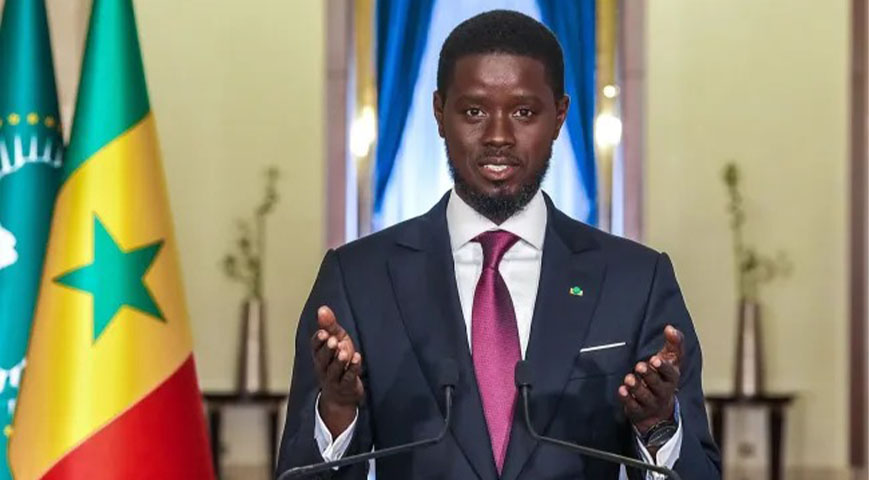Senegal's government has introduced a 25-year development plan focused on achieving economic sovereignty by boosting competitiveness, sustainable resource use, and strong governance.
The initiative comes seven months after President Bassirou Diomaye Faye secured a landslide victory, promising to enhance the quality of life in the country.
Speaking at the launch event, President Faye emphasized the goal of building a diversified, resilient economy, noting that Senegal's reliance on raw material exports has weakened its private sector and left many young people seeking opportunities abroad.
Did you read this?
Senegal has been producing oil since June, thanks to Australia's Woodside Energy at the Sangomar oil and gas field. Gas production from BP's Greater Tortue Ahmeyim project is expected by year-end.

Faye also initiated an audit of oil and mining contracts early in his term, but updates on its progress have been scarce. The plan's first phase, running from 2025 to 2029, will require $30.1 billion and aims to reduce the budget deficit from 4.9% to 3% of GDP.
It will be funded through a combination of public, private, and public-private partnerships. The projected growth rate is 6.5%, and tax revenue will increase to 21.7%.

However, the International Monetary Fund (IMF) recently lowered Senegal’s growth forecast to 6.0%, down from 7.1%, citing slower-than-expected economic expansion.
As part of the development plan, the government intends to achieve 100% electricity access and make the nation energy self-sufficient. Faye is also restructuring Senegal’s debt management strategy.
With an upcoming snap legislative election on November 17, he faces pressure from urban youth and a dissolved parliament, and there are concerns that the election could impact IMF funding.










